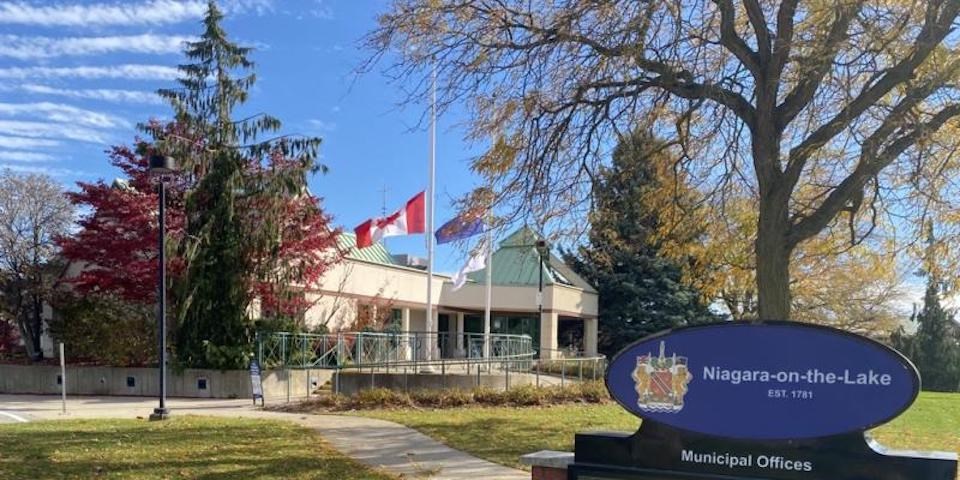A draft policy for town advisory committees was the topic of a lengthy discussion recently by the group of municipal heritage representatives concerned about their ability to speak freely.
The policy was received by councillors in October at committee-of-the-whole and council meetings and is now being vetted by the town committees affected by the policies, with the feedback also to be received and incorporated in policies to be presented to council by the end of the year.
The recent conversation at a municipal heritage committee meeting touched on a number of issues, including how members can deal with fielding questions from the media, or submitting columns or letters to local publications. The policy proposes that committee members receive permission from town communications staff before agreeing to an interview.
Also, if members submit content to a local newspaper, they would need to include wording that explains it is their own personal opinion, and not that of the town or committee.
Heritage committee member Alex Topps said the town’s lawyer needs to take a look at this part of the policy, currently in draft stage. He questions whether this is a violation of charter rights. “I think it would be a good housekeeping move to make sure we have that worded correctly,” he said.
Brian Marshall also had concerns about a section related to social media rules. He wants a better definition of how this applies to committee members “around who can say what.”
The policy suggests that advisory committee members “who communicate in any public forum when not in their official capacity as spokespersons for corporate media advisories and releases and where they are identified as a member of a recognized advisory committee of the Town of Niagara-on-the-Lake” must provide a disclaimer.
Staff says that disclaimer should say: “The opinions reflected by the Member are their own personal comments and are not endorsed nor representative of the Advisory Committee, the Town of Niagara-on-the-Lake, or Niagara-on-the-Lake Town Council.”
Coun. Gary Burroughs, one of two council representatives on the heritage committee, addressed a recommendation that would implement a term limit for members, which he said is not helpful. “The expertise doesn’t just disappear in eight years,” said Burroughs.
The draft policy, if approved as is, would also eliminate individuals from sitting on more than one committee.
Another possible outcome of the policy, if approved, is that a chair and vice-chair are appointed for one year and can be reappointed twice after that.
During the last term of council, there were about 25 committees of council, says the report received by council in October.
At the beginning of the current council term, a phased approach was recommended to continue with existing committees or establish new committees of council to “ensure proper alignment with Council’s Strategic Plan and adequate resourcing.”
There are currently 11 advisory committees of council, which have the role of providing council with an additional means to receive views and advice from residents on a variety of matters.
With the exception of the Committee of Adjustment, advisory committees are not decision-makers, nor do they have the authority to direct staff, says the draft policy, which touches on more than a dozen subjects and is 30 pages long.
The nature of advisory committee recommendations to council is “purely advisory, not advocacy,” the policy says.
